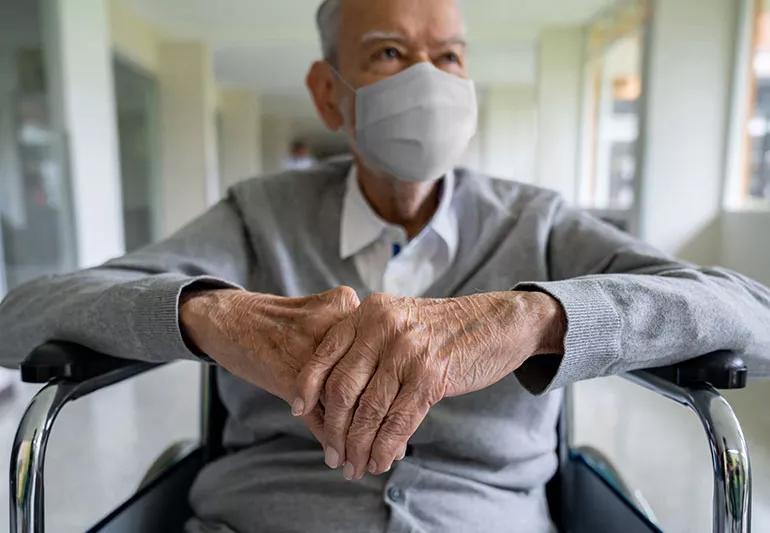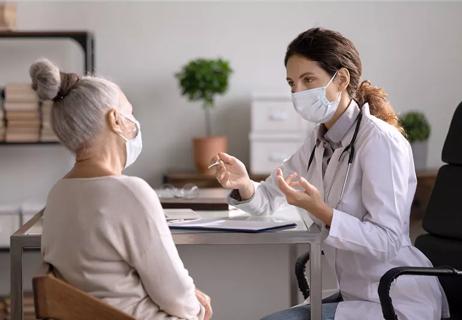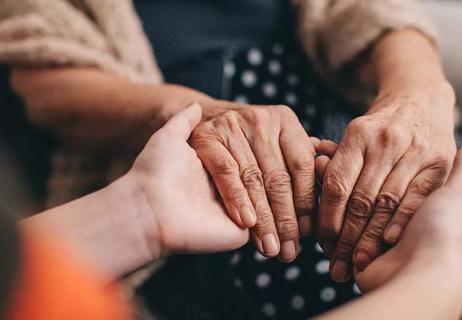The short answer from a palliative care expert

A: Living with a serious illness can be overwhelming which is why it’s important to understand your options for additional support. Both hospice and palliative care provide care with an aim to improve quality of life.
Advertisement
Cleveland Clinic is a non-profit academic medical center. Advertising on our site helps support our mission. We do not endorse non-Cleveland Clinic products or services. Policy
People often confuse palliative care with hospice. Both types of care ease the symptom distress severe illness can bring — pain, fatigue, depression and more.
The difference is in the overall approach to care. You can begin palliative care for a serious illness while also receiving curative or life-prolonging treatment. Palliative specialists work in tandem with other medical specialists as an added layer of support to have you feel as well as possible.
In contrast, hospice is comfort care when life-prolonging care is no longer beneficial or desired. Hospice is interdisciplinary care provided by physicians, nurses, social workers and chaplains to support people and their families at the end of life.
Palliative care — originally developed to help those who have cancer — is now used to help people living with a wide range of diseases, including heart failure. Research shows that palliative care can even extend life.
Similarly, any person entering the final phase of life can receive hospice care wherever they are located, whether in their home, nursing facilities or even specialized hospice facilities.
Both types of care will improve the person’s quality of life and will provide caregivers with emotional and practical support. So just because you or your loved one must deal with a chronic illness doesn’t mean you have to live with discomfort, pain or anxiety.
Advertisement
If the need should arise, don’t hesitate to seek care from a palliative care specialist or — when it’s time — from hospice.
— Palliative medicine physician Kyle Neale, DO.
Advertisement
Learn more about our editorial process.
Advertisement

Palliative care offers a comprehensive network of support at any stage, from diagnosis to treatment and beyond

Sometimes, you need help navigating your grief and the dying process

The inability to burp can cause farting, stomach pain and nausea

It’s common to experience long-term emotional effects, but you don’t have to cope alone — support and treatment can help

Color, texture or shape changes may signal a larger medical issue

The convenient option is good for touch-ups, but it shouldn’t replace your traditional sunscreen

At-home options aren’t your best bet — instead, consider noninvasive laser treatments with a dermatologist

Checking the weather, pollen counts and air quality can help you avoid asthma triggers

If you’re feeling short of breath, sleep can be tough — propping yourself up or sleeping on your side may help

If you fear the unknown or find yourself needing reassurance often, you may identify with this attachment style

If you’re looking to boost your gut health, it’s better to get fiber from whole foods